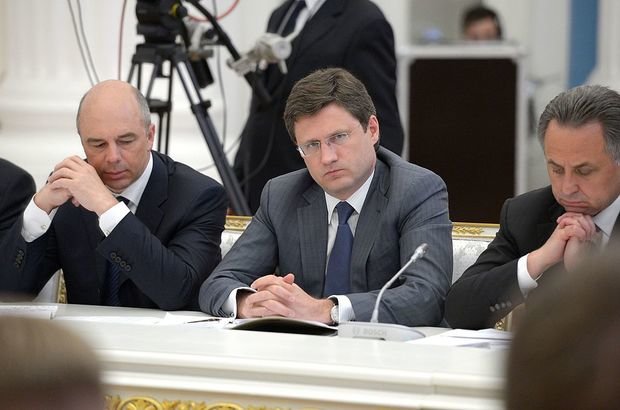Russia thinking of exiting OPEC production cut deal
Oil prices of $70 a barrel are more than suitable for major Russian producers
The Russian government considers that the global oil market is coming to balance and is thinking of exiting an output reduction agreement with OPEC, stated the country's Minister of Energy Alexander Novak. Currently, Russia is limiting its oil production, but key local oil producers are looking forward to cancellation of the restrictive measures.
Russian Minister of Energy Alexander Novak might discuss Russia's potential exit from the pact with OPEC in Oman this week, says Financial Tribune. The country has been restricting its oil production since the beginning of 2017 when OPEC and non-OPEC producers agreed to reduce their production levels in order to stabilise the market. At the moment, Russia's output is cut by 300,000 bpd.
According to Novak, the market is becoming balanced. ''We see that the market surplus is decreasing, but the market is not completely balanced yet and, of course, we need to continue monitoring the situation,'' said the minister. Brent oil has risen in price from less than $50 to almost $70 per barrel over the year. Lukoil chief executive Vagit Alekperov believes that Russia should start smoothly exiting the agreement if prices remain at $70 per barrel for more than half a year. As well as other Russian oil companies, Lukoil repeatedly protested against the deal as it is ''creating stumbling blocks on the road towards the industry's expansion plans''.

The deal's ''review'' is expected in June, but OPEC members are concerned that the agreement could be continued beyond the end of 2018. Last week, Minister of Energy of the UAE Suhail Al Mazroui told CNBC that there was still a lot to do despite the current progress. ''The market fundamentals in 2017 have been good, but we're looking forward to seeing another healthy year of production in 2018,'' said Al Mazroui adding that the desired balance between supply and demand had not been achieved yet. However, the oil market could finally achieve equilibrium this year, believes the minister: ''I am expecting that we will still see corrections in 2018 and… the market fully achieving the balance.''
Actually, there is a variety of scenarios of how the deal might come to an end. Besides the possibility that Russia pulls out of the pact in June, they include potential oil supply disruptions due to civil unrest in Venezuela and the Middle East; OPEC members and other parties starting (or continuing) to cheat; and oil prices rising too high.